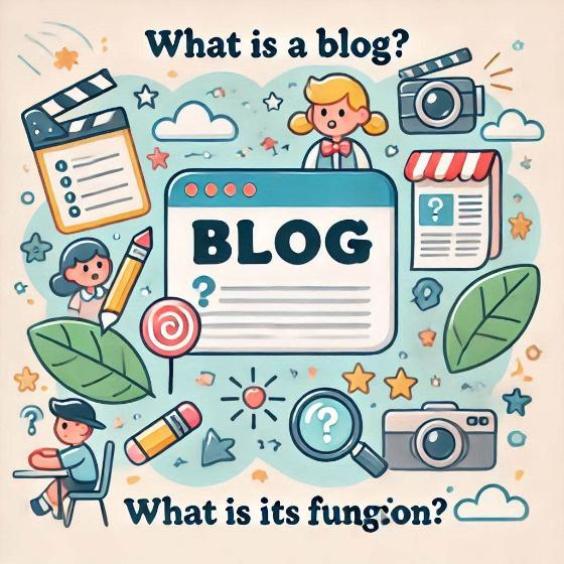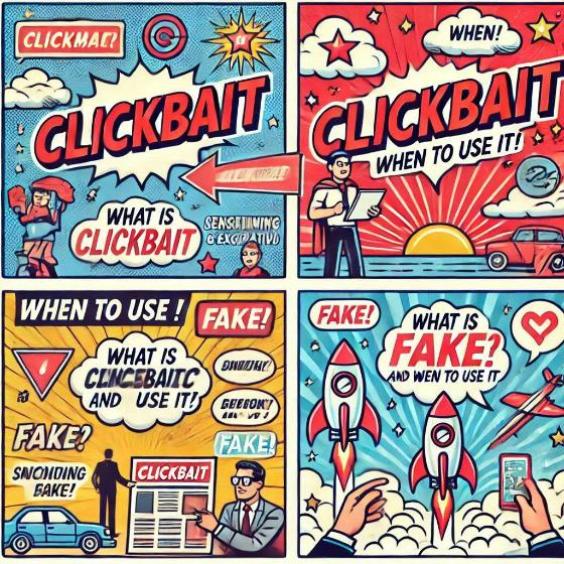Apple iOS 18 spies on your photos
Apple and its obsession with your data: privacy or invasion?
Apple, a company known for its image of "the defender of privacy", is once again in the eye of the storm. This time, the controversy revolves around a new feature included in iOS 18: the Improved Visual Search in the Photos app. What's new? This tool, activated by default, sends data from your images stored on the device to Apple's servers, without clear and explicit consent from the user.

Apple and its mockery of privacy.
Developer Jeff Johnson was the first to alert about this functionality, describing it as a flagrant violation of user privacy. According to Johnson, this tool analyzes the images stored on the device, generates vector embeddings based on key points of the photos, and then sends them along with "fake queries" to Apple's servers for processing. The result? An external analysis that, although disguised as a "global index managed by Apple", exposes your personal data to the scrutiny of the company.
But that's not the most worrying thing. Johnson says that Apple has designed this feature to be activated by default, leaving it up to the user to deactivate it. And of course, doing so requires navigating through configuration menus that few will explore, leaving most users unprotected.
Carelessness or strategy?
Apple's strategy seems clear: to sell an image of privacy while its actions say otherwise. This episode adds to a long list of questionable practices that include:
- Deliberate slowing down of old devices: A measure disguised as "optimization" that forced the company to pay a class-action lawsuit for $95 million.
- Active listening without consent: Documented cases of recordings captured by Siri that were sent to Apple without the user's authorization.
- Monopolistic control: A closed ecosystem that forces developers and consumers to play by its rules, often abusive.
What can we expect?
The introduction of this feature is not an isolated fact. Apple has been demonstrating for years that its priority is to control its ecosystem and, increasingly, the information of its customers, not the user. Privacy, that flag they wave with so much pride, remains on paper when actions point to a business model based on data exploitation.
Disabling this feature is possible, but the underlying problem persists. It's not about being "anti-Apple", but about demanding transparency and respect for those who trust in its products. Trust is a limited resource, and Apple seems determined to spend it quickly.
How far are we willing to tolerate these practices? It's time for users to stop accepting these invasions as inevitable and start demanding more from the companies that profit from their trust.





